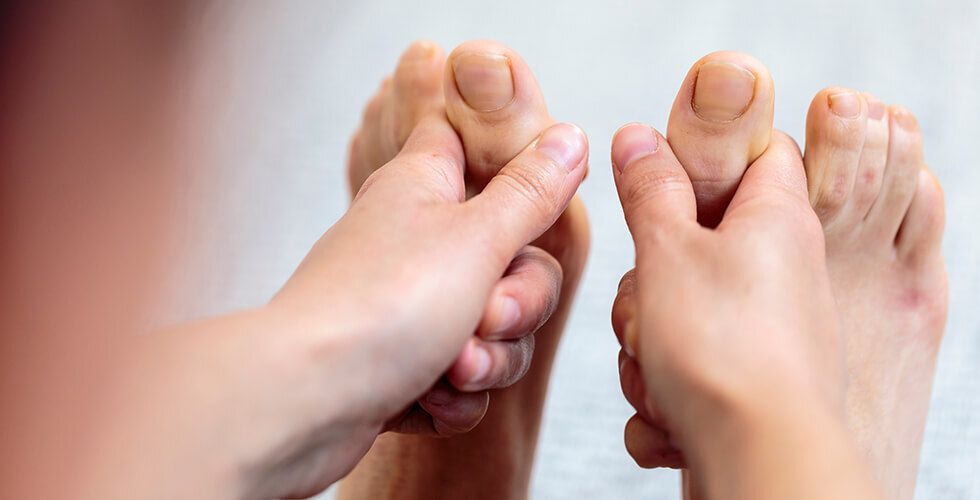
A sudden cramp in your big toe can be sharp and uncomfortable, often leaving you puzzled about the cause. Understanding why it happens can help you prevent future occurrences and manage it effectively.
Dehydration and Electrolyte Imbalance
Dehydration is one of the leading causes of muscle cramps, including in the big toe. When your body lacks sufficient fluids or key electrolytes like potassium and magnesium, muscles become more prone to involuntary contractions. Staying hydrated and replenishing electrolytes, especially after exercise, can help prevent cramps.
Poor Circulation
If you’ve experienced a cramp after sitting for too long or while sleeping, poor circulation might be to blame. Conditions like diabetes and peripheral artery disease can limit blood flow to the extremities, causing muscle stiffness and cramps. Improving circulation through movement and proper footwear can help reduce the risk.
Overuse and Muscle Fatigue
Excessive use of the muscles in your feet, such as after long periods of standing or exercise, can lead to fatigue. When your muscles are overworked, they’re more likely to cramp as they try to recover. Ensuring you take breaks and stretch during long periods of activity can prevent muscle fatigue.
Nerve Compression or Injury
Conditions like bunions or hammertoes, as well as previous injuries, can lead to nerve compression, triggering cramps in the big toe. When nerves are pinched, they send improper signals to muscles, causing spasms.
Medications and Medical Conditions
Certain medications, such as diuretics, and conditions like arthritis or gout can also cause toe cramps by affecting muscle function and causing inflammation.
Prevention and Relief
Stay hydrated, wear supportive shoes, stretch regularly, and apply heat to alleviate cramps. If cramps persist, consult a healthcare provider to rule out underlying conditions.

